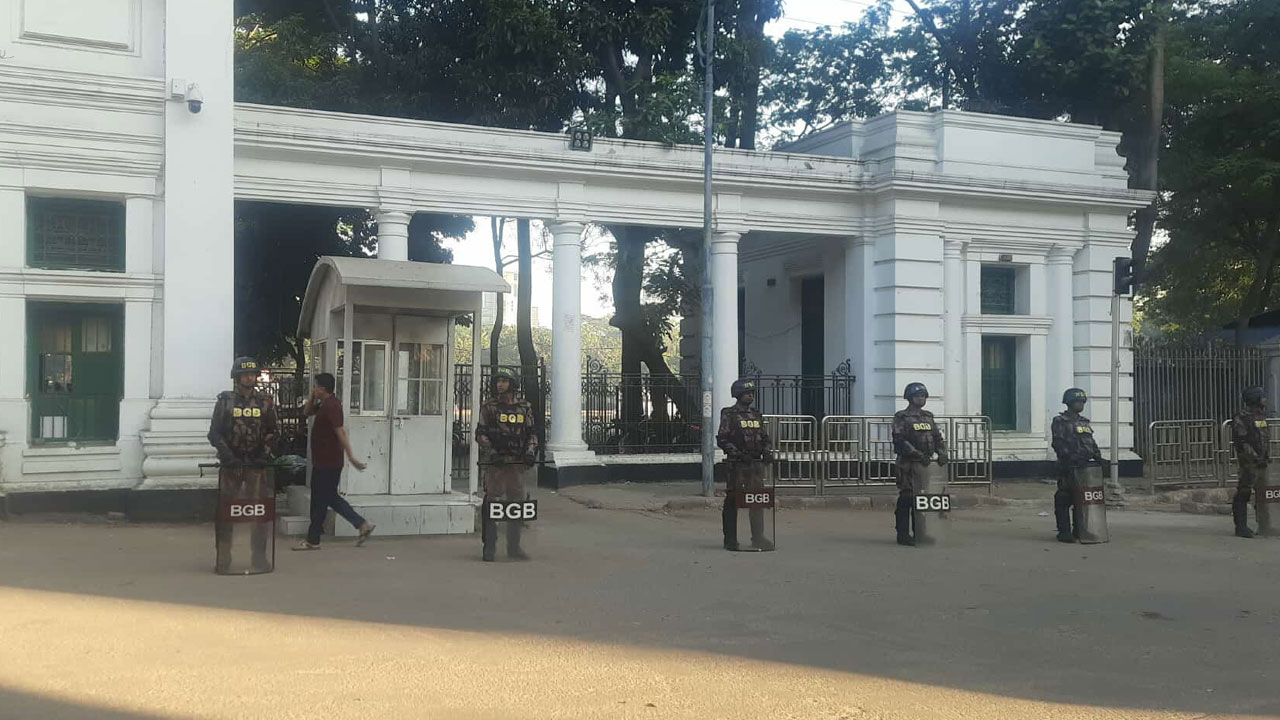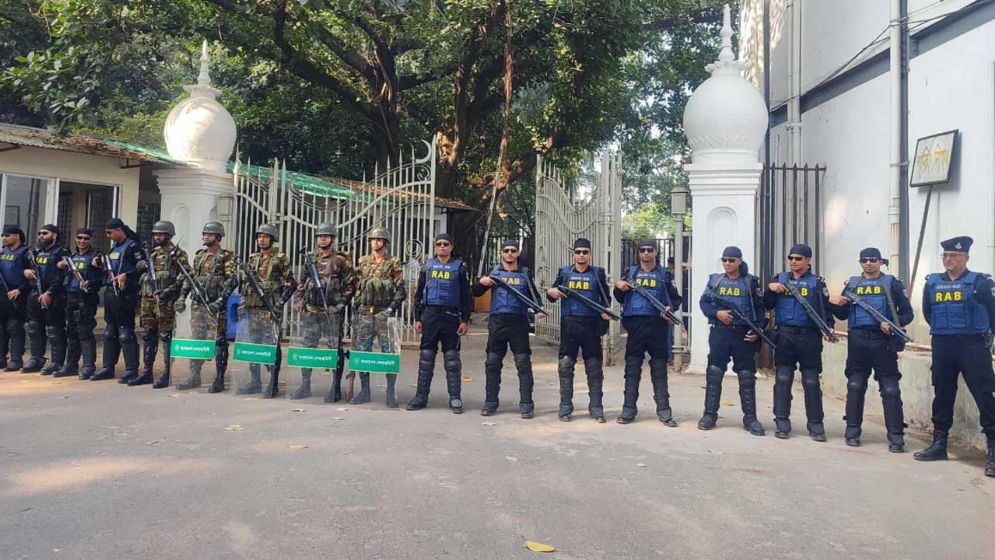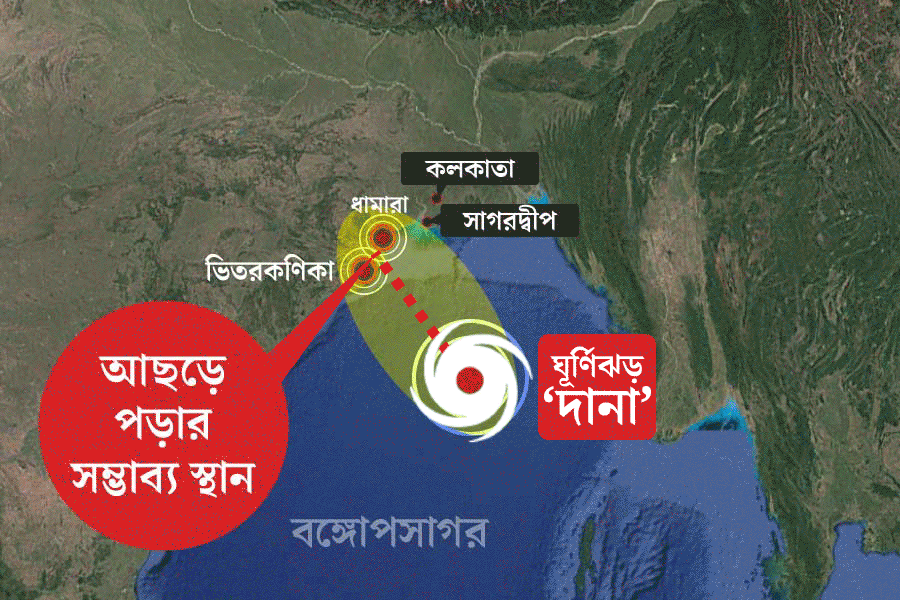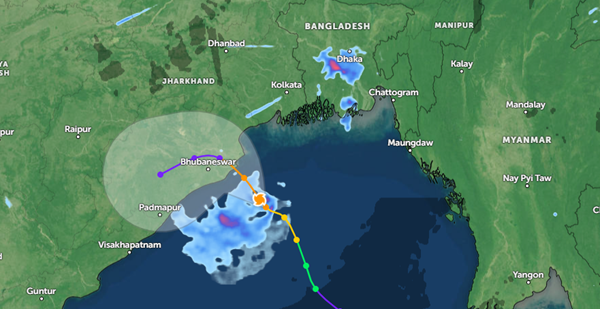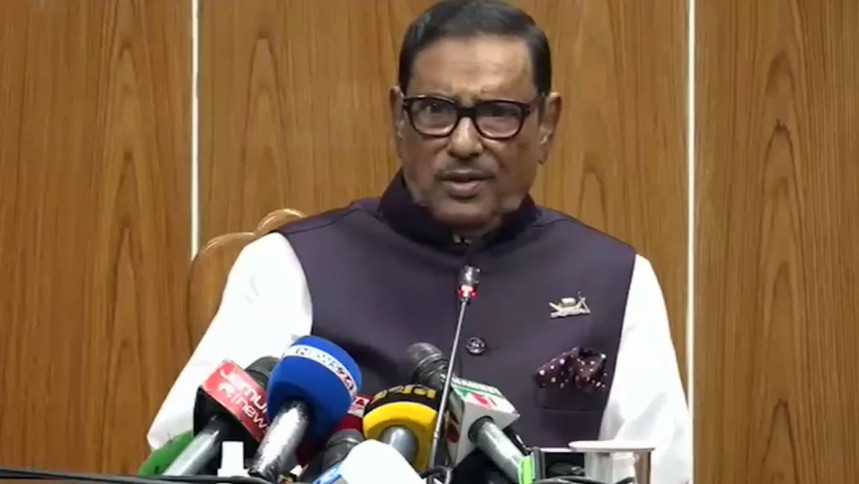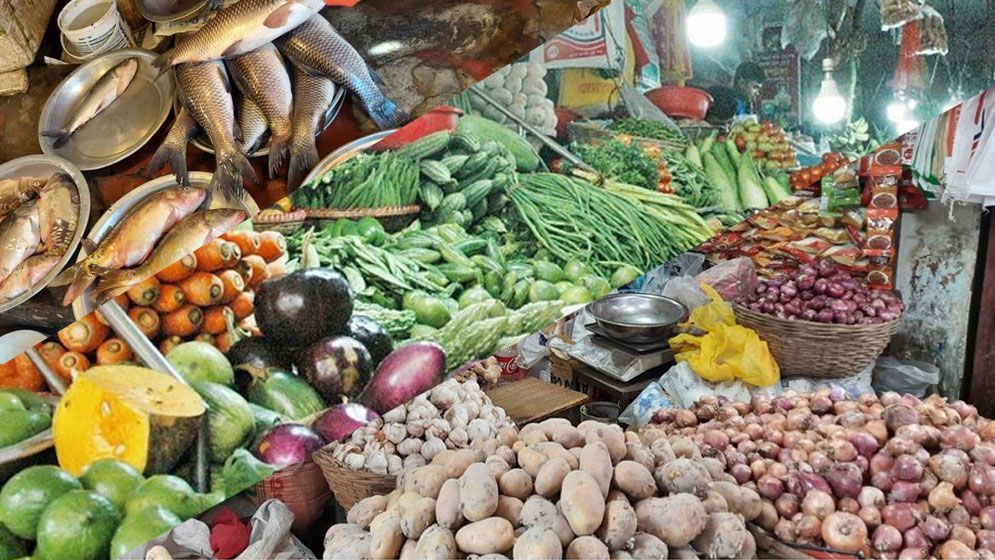
Since the completion of one year of the interim government, the daily necessities market has suddenly heated up. Although there is adequate supply of products at the retail level, prices are heating up. Unbearable prices are also in the rice market. Poor people's coarse rice is being sold at 60 taka per kg. And fine rice is up to 90 taka.
In the land of excuses, looking at vegetables is now a big responsibility. Many vegetables are being sold for over 100 taka per kg. Lentils are also sold for 150 taka per kg.
The situation has reached such a level that even getting pulses, rice and vegetables has become a dream for low-income people. Even picking eggs from the ground is a pain. A dozen eggs are being sold for a maximum of 150 taka. Even though the hard-working people have the desire, they are not able to buy fish and meat within their means due to the high prices. The middle class has also been hit hard by the high prices.
From rice, pulses, oil, onions, vegetables to fish and meat, nothing is at its previous price. The prices of goods are increasing every day, making it difficult for the common man to breathe. The helplessness of the people is evident when you go to the market. Families that once used to shop together at the beginning of the month have now divided it up and reduced it to a weekly basis. They are continuing to struggle to survive by buying less than they need.
The food list is also decreasing to cope with the price of daily necessities. Besides, invitations or hospitality are now a luxury for middle-class families. The shopping budget is remembered before anyone comes home. That's why many are saying 'no' in advance.
Not only the market costs, but the abnormal increase in the prices of daily necessities has affected all sectors including medicine, education, and transportation. All together, the middle class is being squeezed in the daily necessities market as they cut back on many other essential expenses to cover the cost of goods. And the poor are struggling to put pots on the stove.
Talking to the vendors at the retail market on Friday, it was learned that although the price of rice has decreased slightly in the past 8 days, it is being sold at a high price. The vendors said that on this day, among coarse rice, the golden variety is being sold at 57-60 taka per kg. BR 28 and Paizam rice are being sold at 65 taka per kg. And miniket rice is being sold at 80-85 taka per kg. Nazirshal is being sold at 85-90 taka per kg.
The heat in the vegetable market is not stopping. In the retail market, per kg of barbati is being sold for 100 taka. Buyers have to spend 80 taka to buy per kg of shrimp. In addition, per kg of chichinga is being sold for 80 taka, dhandul for 80 taka, cucumber for 100 taka, kankarol for 80 taka and patol for 80 taka. In addition, per kg of papaya is being sold for 30 taka, per piece of gourd for 60 taka, per kg of radish for 80 taka, tomato for 140 taka, bitter gourd for 80 taka, round brinjal for 140 taka, long brinjal for 100 taka, sweet pumpkin for 60 taka, dhands for 80 taka, kachu for 60 taka and carrot for 130 taka.
The situation is the same in fish and poultry shops. Farmed rui, tilapia and pangash are being sold at an increase of 20-50 taka in a week. In the retail market, farmed rui and katla are being sold at 350-420 taka per kg. Buyers have to spend 220-260 taka to buy tilapia per kg. Buyers are spending 200 to a maximum of 250 taka per kg of pangash.
Besides, farmed shrimp is being sold at 750-800 taka per kg and river shrimp is being sold at 1000 to 1200 taka. Broiler chicken is being sold at 170-180 taka per kg in the retail market. Golden breed chicken is being sold at 300-320 taka per kg.
Besides, farm eggs are being sold for a maximum of 150 taka per dozen. Beef is being sold for 750-800 taka per kilogram. And mutton is being sold for a maximum of 1250 taka.
Md. Habibullah, a van driver who came to buy daily necessities at Nayabazar in the capital, said, "I have been at the market for half an hour. But I don't know what to keep and what to buy. The money I have will be used up buying rice and pulses. If I don't have money later, it may be difficult to buy even a single vegetable. Hearing the prices of many products makes me sad."
SM Nazer Hossain, vice president of the central committee of the Consumers Association of Bangladesh (CAB), told that a class of traders are cheating buyers by manipulating prices in the same way throughout the year. However, no permanent steps and exemplary punishments have been taken by the government against this. Besides, there is no research by the supervisory agencies to keep consumers at ease.
There is not even a plan for market supervision. As a result, consumers are being exploited in the market year after year. The government should pay close attention to market management along with other reforms.
Abdul Jabbar Mandal, Assistant Director of the National Consumer Rights Protection Department, told that the campaign in the market has not stopped. The market is being monitored daily on the instructions of the Director General of the department. Those involved in unfair price increases are being brought under the law and the prices of products are being made bearable. The activities of the department will continue in the interest of consumers.
